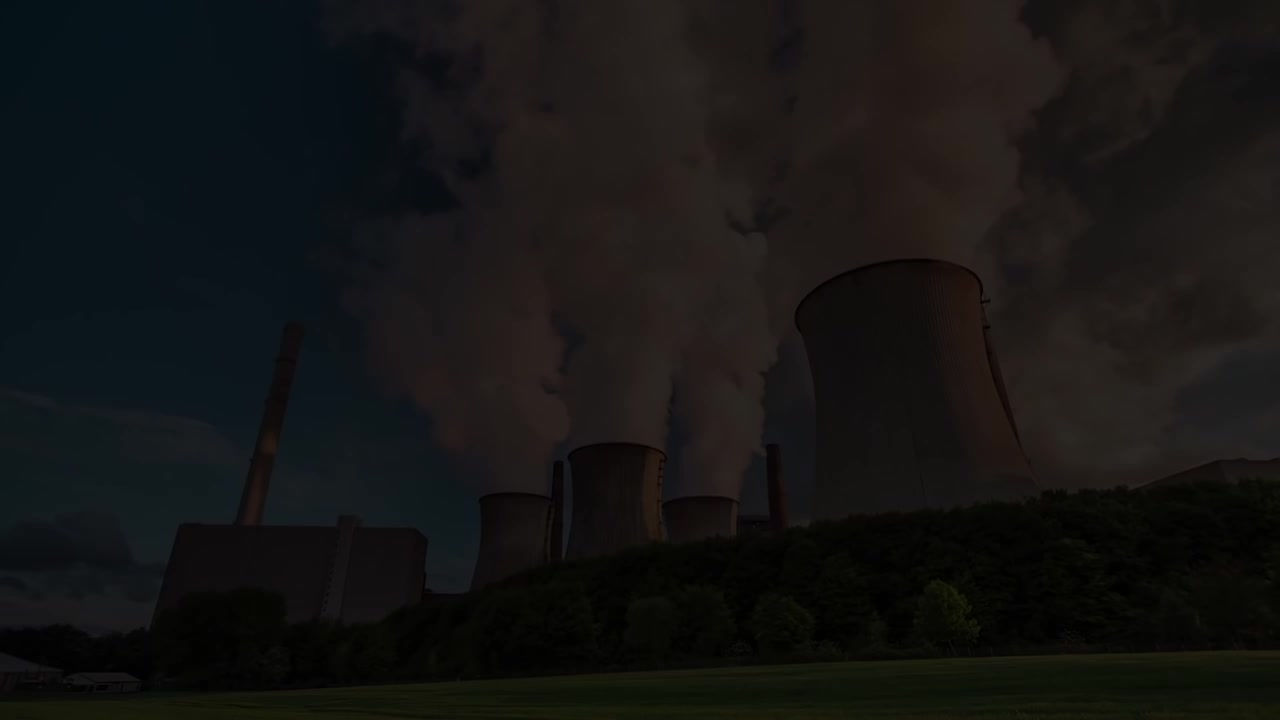
Social Analysis
Social Acceptance
The social acceptance of carbon capture and storage is different based on who is considering the technology as an option. From a government perspective, carbon capture and storage is a way to fight climate change issues, and a route to a sustainable energy future. The industry view considers the renewable energy technology not commercially applicable in a large scale, they’re considering managing the CO2 emissions from carbon fuels in a commercial and environmentally friendly way, but the biggest concern is that of the reaction of the public.
A survey conducted in both Alkamaar and Bergen towns in the Netherlands studied peoples’ reaction to a potential carbon capture and storage facility in the area. The study shows that in general people’s reactions was slightly positive of CCS. However, the study shows negative reactions of locating the storage near the town, due to concerns of risks and drawbacks of carbon capturing and storage.

[32]
Social Opportunities
Carbon capturing and storage is a growing industry and will be a huge focus in the future. CCS will create a large variety of jobs in the communities around carbon capturing plants. It will require engineers, pipe designers, exploration, management, and operators. Also, carbon capture will help manufacturers that require massive amounts of CO2 to sustain the needs of the carbon industry, thus it will help protect jobs of such industries.
Social Risks
A risk of carbon capture and storage is the Increase CO2 concentration in closed areas. It’s one of the most serious risks because of the possibility of CO2 leakage in storage sites, due to the higher density of CO2 than air, it will concentrate in the closed areas like basements or tents, which could lead to people to lose consciousness and maybe cause death because of the high concentration of leaked CO2. Another risk of CCS is the contamination of drinking water. The dissolved CO2 will increase the acidity of water which this increment in acidity will help toxic metals mobilize easier into groundwater. Also, groundwater could potentially be contaminated by saline brine water that is displaced by injection of CO2, making the drinking water salty. This will lead water to not be usable for drinking and if this contaminated water leaks to the surface, it could affect the land and damage the soil to which agricultural use will be diminished. Another potential risk that can come from CCS technology is the creation of earthquakes. The over injection of CO2 into geologic formations could cause the ground to fracture or cause movements of faults, potentially creating earthquakes. The earthquakes could also lead to leakage of CO2 and polluting the atmosphere.